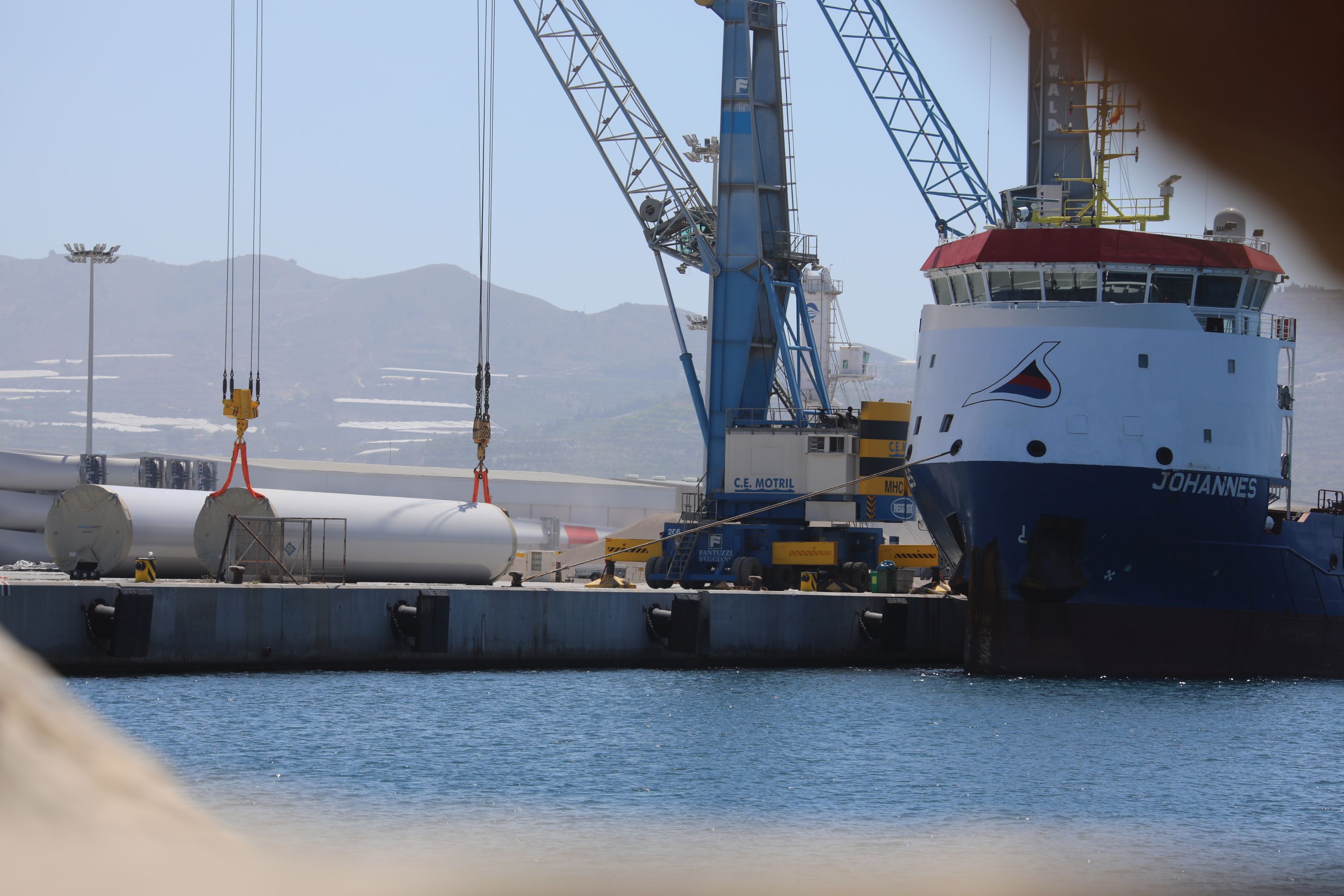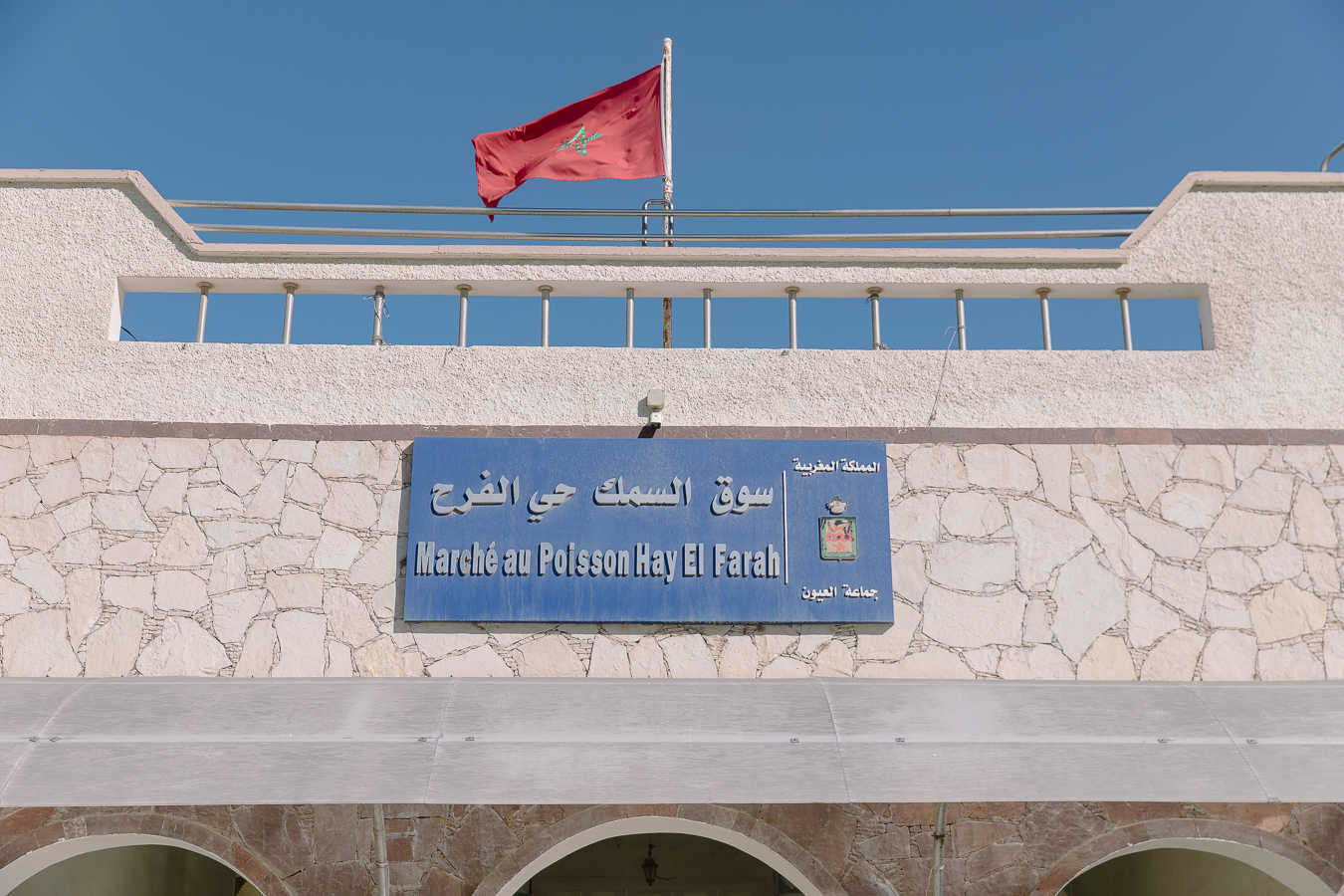WSRW comments on UN Secretary General's report on Western Sahara

While recommending Ban Ki-Moon for expressing the need for human rights monitoring in Western Sahara, WSRW laments that his report fails to address the full extent of the issue of Morocco's plunder of the territory's natural resources.
Published 12 April 2013
UN Secretary-General Ban Ki-Moon 8 April 2013 presented his report to the Security Council on the situation in Western Sahara.
"We regret that the report does not fully engage the issue of the exploitation of natural resources in what remains a Non-Self Governing Territory, one without a de jure administering power. It is precisely the lack of legal and legitimate administering power that bestows a specific duty upon the United Nations to manage resources until the status of the territory has been resolved", WSRW wrote in its second letter to UN Secretary General Ban Ki-Moon, sent today.
WSRW had already written the Secretary General in February, requesting him to call for the inclusion of a human rights monitoring capacity in the MINURSO mandate, as well as the establishment of a mechanism to place the proceeds from the exploitation of Western Sahara's natural resources under international administration until the status of the territory has been resolved. The organisation has sent letters to all members of the Security Council, asking them to support these suggestions.
WSRW applauds the Secretary General for stressing the "need for independent, impartial, comprehensive and sustained monitoring of the human rights situations in both Western Sahara and the camps". But while the report contains references to Saharawi protests in response to Morocco’s ongoing exploitation of Western Sahara’s natural resources, it fails to address the full extent of the issue.
“This is unfortunate, especially at a time when the French oil company Groupe Total SA, the very same company whose activities a decade ago prompted the United Nations Security Council to commission a legal opinion on the exploration and exploitation of Western Sahara’s natural resources – which found such activities would be illegal if failing to take into account the wishes and the interests of the Saharawi as the original people of the territory - has resumed its oil exploration activities off the coast of Western Sahara under arrangements with the Moroccan government”, the organisation wrote.
Read WSRW's full letter in reply to the Secretary General's report below.
----------------------------------------------------------------------------------
The Honourable Ban Ki-moon
Secretary-General of the United Nations
760 United Nations Plaza
United Nations
New York, NY 10017
April 10, 2013
Your Excellency,
Western Sahara Resource Watch wishes to commend the Secretary General for making express the need for independent, impartial, comprehensive and sustained monitoring of the human rights situation in both Western Sahara and the Saharawi refugee camps in south-west Algeria, in the “Report of the Secretary-General on the situation concerning Western Sahara” (S/2013/220) of 8 April 2013. We hope that the Security Council Members will confer upon MINURSO the capacity to monitor and report on human rights.
The report properly recollects the demonstrations for social and economic rights which continue to take place in the territory. We trust that a UN human rights monitoring presence in Western Sahara will also take violations of human rights of such nature into account. It is our firm conviction that the entrenched poverty and economic marginalisation among the Saharawi, which are the cause of such protests, are a direct result of Morocco’s exploitation of the territory’s natural resources.
Consequently, we regret that the report does not fully engage the issue of the exploitation of natural resources in what remains a Non-Self Governing Territory, one without a de jure administering power. It is precisely the lack of legal and legitimate administering power that bestows a specific duty upon the United Nations to manage the resources until the status of the territory has been resolved. Accordingly, we respectfully take issue with the fact that the report acknowledges “Morocco’s efforts to improve social conditions in the Territory and … of its preparation of a new regional development strategy for the Territory”. While no objections can be made to improving existing conditions for the Saharawi people who continue to live under foreign occupation, it does not fall legally or practically to Morocco to develop the three quarters of Western Sahara under its control as if it were a region of its national territory.
Although the report contains references to protests by the Saharawi people, both in Western Sahara proper and in the refugee camps at Tindouf in response to Morocco’s ongoing exploitation of Western Sahara’s natural resources, it fails to address the full extent of the issue.
This is unfortunate, especially at a time when the French oil company Groupe Total SA, the very same company whose activities a decade ago prompted the United Nations Security Council to commission a legal opinion on the exploration and exploitation of Western Sahara’s natural resources – which found such activities would be illegal if failing to take into account the wishes and the interests of the Saharawi as the original people of the territory - has resumed its oil exploration activities off the coast of Western Sahara under arrangements with the Moroccan government.
Morocco’s continuing illegal taking of Western Sahara’s natural resources has proven to be a key obstacle to the Saharawi people realising the right to self-determination, a right once again noted to be paramount by the International Court of Justice in its 2010 Kosovo advisory opinion. Allowing Morocco to systematically profit from the territory’s wealth not only undermines the parties’ good faith needed for the negotiations, it also contributes to financing the ongoing illegal occupation while denying the resources to the Saharawi people for current and future usage.
The United Nations Charter compels the United Nations to ensure territorial sovereignty and the protection of peoples and their resources under occupation. We applaud the present report, and ask that you make every effort for the full application of international law, both by the United Nations, and the organised international community, for the acceptable administration of Western Sahara’s natural resources until the Saharawi people have realised their right of self-determination.
Yours sincerely,
Sara Eyckmans
International Coordinator
Western Sahara Resource Watch
coordinator@wsrw.org
0032 475 45 86 95
News
New report: Certified occupation
International certification standards embellish Morocco’s controversial trade with fisheries and agricultural products in occupied Western Sahara, new report documents.
16 December 2025
Certification giant SGS points fingers elsewhere
SGS blames everyone else for mistakes on MarinTrust certificates it had issued to Moroccan companies in occupied Western Sahara.
15 December 2025
New report: Greenwashing Occupation
Out now: WSRW today publishes a new report outlining the massive - and deeply problematic - renewable energy projects that Morocco is developing in occupied Western Sahara.
11 December 2025
GMP+ does not check if “sustainable” fish is legally caught
The world’s largest certification scheme for “safe and sustainable animal feed” does not check whether its certified fish feed companies source from illegal fisheries in occupied Western Sahara, where catches violate the Saharawi people’s right to self-determination.
05 December 2025



